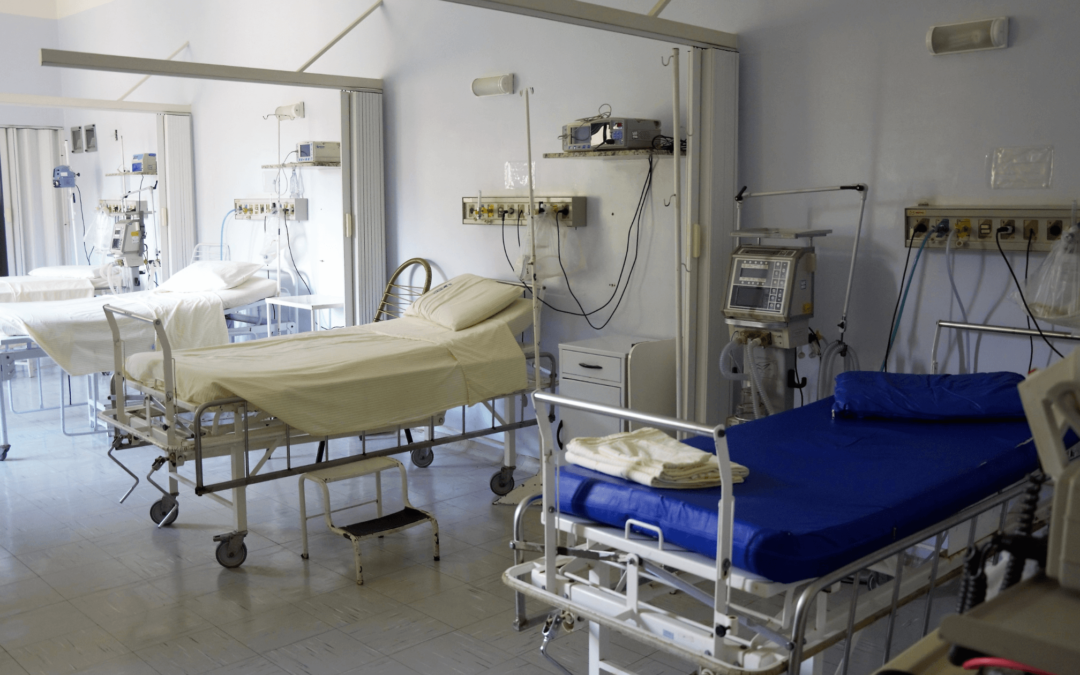You did everything your doctor told you to do, but are you actually ready for surgery?
You probably paid very close attention to the instructions given to you by your healthcare provider. However, there are some things you should do to prepare for your surgery that may not explicitly be said. Here are a few things worth considering prior to surgery.
Stop Ignoring Your Health
In day-to-day life, you may be tempted to slack off on taking care of your health as well as you know you should. However, it’s essential to consider that proper nutrition, regular exercise, and healthy sleep patterns can make surgery and recovery more manageable. Doing all you can to maintain your health in good times can mean that if you do end up needing surgery at some point, you may recover quicker and potentially lessen the amount of pain you experience post-surgery.
Get Your Home Ready for Your Return
This tip is especially vital if you live alone, are the primary caretaker of others in your family, or want to reduce the workload of the person who will be your caretaker. Prepare your home for your return post-surgery and try to anticipate your needs. Ensuring you have sufficient clean laundry and enough pillows and blankets to keep you comfortable after your surgery is a must. Doing this in advance means you or your caretaker won’t have to worry about these things once you’re home.
You will also want to make sure your after-care products are all set up in an easy-to-reach place. Ensure all walkways and floor space in your home are clear so you don’t risk stumbling. Do your grocery shopping, meal prepping, and house cleaning chores ahead of time since you aren’t likely to feel up to handling those tasks during your recovery.
If you’re expecting considerable downtime for your recovery, you may want to download your favorite Netflix shows or place a few books near your resting place. Prepare your favorite snacks and foods, so you won’t be moving around more than you should. Put a heater/fan near you so you can adjust the temperature.
Doing as much as you can to prepare your home for your recovery period in advance of surgery means you’re less likely to overdo it and put unnecessary stress on yourself or your caretaker during your healing.
Research, Research, Research
Before your surgery is the best time to ensure you have a thorough understanding of your condition and the required procedure. Ensure you’re informed about the recovery process, any common setbacks, and what activities you will need to avoid post-surgery. Ask your anesthesiologist what medications they plan to use to put you to sleep, keep you asleep, and wake you up. Ask your surgeon what their plan for the surgery is and how they plan to achieve it. Research your medications for their side effects and safety if taken together.
Sometimes surgery is necessary to get you on the path to feeling better and healing, but it’s understandable to feel apprehensive about medical procedures. The best way to prepare yourself mentally is to be open with your doctors and ask all your questions in advance. The key to calming your anxiety is being as informed and prepared as you can.

